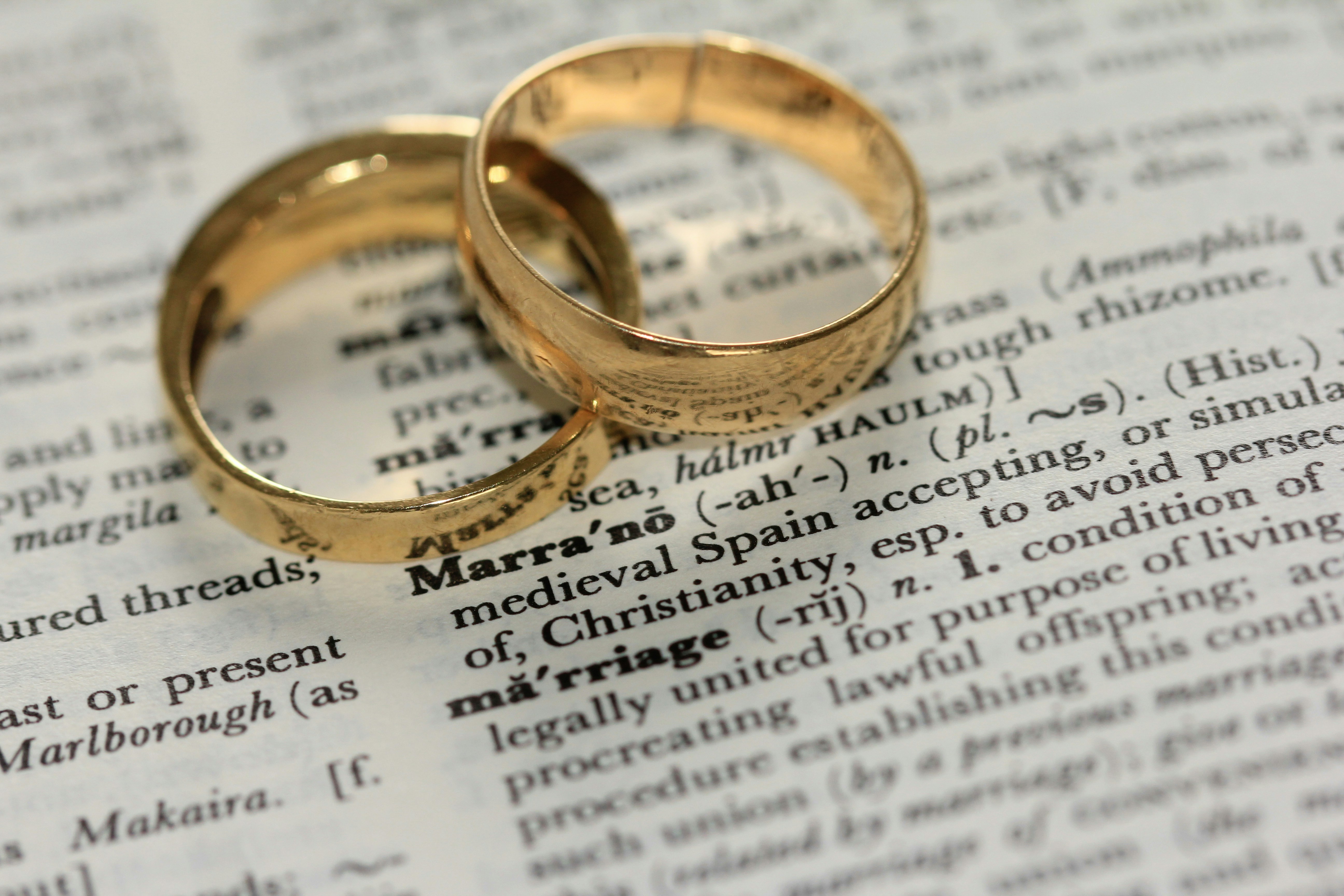Knowledge Hub
Join the Conversation!
Impartial and independent, ThoughtLeaders4 Private Client Knowledge Hub hosts cutting edge industry content and insight.
Email maddi@thoughtleaders4.com to submit content.
The Law of Unintended Consequences: The ‘Overseas Relationships’ That Are Considered Tantamount To Marriage in England
Date: 04/04/2024 Type: Articles Topic: Private Client | Trusts | Wills and Estates | Inheritance | Next Generation Wealth | Investment and HNWI’s | Tax |In recent years, the legal landscape surrounding partnerships and unions has evolved significantly across various jurisdictions.
With the rise in international families, couples should be aware of the financial implications of formalising their relationship abroad as it could in fact be recognised as forming a relationship tantamount to marriage in another jurisdiction.
One such regime is the French Pacte Civil de Solidarité (PACS). The PACS is a contract entered into by same or opposite sex couples which allows them to declare joint taxes and set out how their joint and separate property would be divide upon separation.
In England & Wales, a validly entered into PACS will be recognised as an overseas relationship under the Civil Partnership Act 2004 (CPA), as a result of the amendments made by regulations in 2019. English law will treat a PACS, registered pursuant to French law, as a civil partnership provided the criteria are satisfied.
While both aim to provide legal recognition and protection for couples, there are distinct differences between the two systems that individuals should consider. The effect under English law goes well beyond the rights that a couple with a PACS would have under French law. The rights and obligations imposed under English civil partnership laws puts civil partners in the same position as married couples.
It is therefore vital for clients with international connections, or who may move abroad, to be aware that, if the requirements to establish jurisdiction in England are met, the parties to a PACS can make claims for financial relief in England as if they were married.
1. Legal Recognition and Purpose:
English Civil Partnership: Introduced in 2004, the Civil Partnership Act 2004 in England and Wales established civil partnerships as a legal recognition of same-sex relationships. However, as of December 2019, the Civil Partnership (Opposite-sex Couples) Regulations 2019 extended this institution to opposite-sex couples as well. Civil partnerships offer legal recognition of the relationship, granting couples rights and responsibilities similar to those of marriage.
PACS: The PACS was introduced in France in 1999 to provide legal recognition and protection for couples, irrespective of their sexual orientation. Initially designed to provide legal rights and responsibilities to same-sex couples, it was later extended to opposite-sex couples as well. The PACS is not considered a marriage in France but offers certain legal protections akin to marriage.
2. Formation and Dissolution:
English Civil Partnership: Forming a civil partnership in England and Wales involves registering the partnership with the government authorities. Dissolution of a civil partnership follows a similar legal process to divorce, including considerations of financial settlements and arrangements for children if applicable.
PACS: Registering a PACS in France involves a declaration of partnership made before a court or a notary. Unlike civil partnerships in England, dissolution of a PACS does not require a court procedure; it can be terminated by either partner by sending a joint declaration to the authorities or unilaterally by one partner after giving notice to the other.
3. Legal Rights and Obligations:
English Civil Partnership: Partners in a civil partnership are entitled to legal rights and obligations similar to those of married couples, including inheritance rights and pension benefits. Both partners have potential financial claims relating to the partnership, under a discretionary system of redistribution of assets. Orders can be made for ongoing maintenance payments, lump sums, property and pension sharing.
PACS: While the PACS grants certain legal rights and protections to partners, they are generally less extensive than those afforded to married couples or civil partners in England. However, PACS partners may benefit from tax advantages and social security benefits, and they have limited obligations towards each other, particularly in terms of financial support.
4. Recognition Outside the Country:
English Civil Partnership: Civil partnerships registered in England and Wales are recognised in several other countries, particularly those that recognise same-sex partnerships or have reciprocal recognition agreements with the UK.
PACS: Recognition of the PACS outside of France varies depending on the jurisdiction. While some countries recognise PACS partnerships for certain legal purposes, others may not afford them any recognition.
To date, there's no reported English case law on the dissolution of a French PACS, leaving practitioners uncertain of the English court's approach and the extent to which it would exercise its discretion. Pre-existing nuptial agreements may influence the outcome, similar to the court’s approach in divorce proceedings.
Even if the PACS is dissolved in France, individuals must be made aware that, if the criteria for jurisdiction in England is met, then claims could still be brought in England under Schedule 7 to the CPA. For the purposes of Schedule 7, jurisdiction can be based on the matrimonial home or even the former matrimonial home (which is still owned by the relevant parties) being in England.
It is therefore imperative for clients and notaries to consider potential English claims, particularly if one partner is English domiciled or resident, necessitating careful cross-channel planning to mitigate unintended consequences upon separation or death.
Author
Maria Airey (Associate) - Russell Cooke
Our Private Client Corporate Partners




























